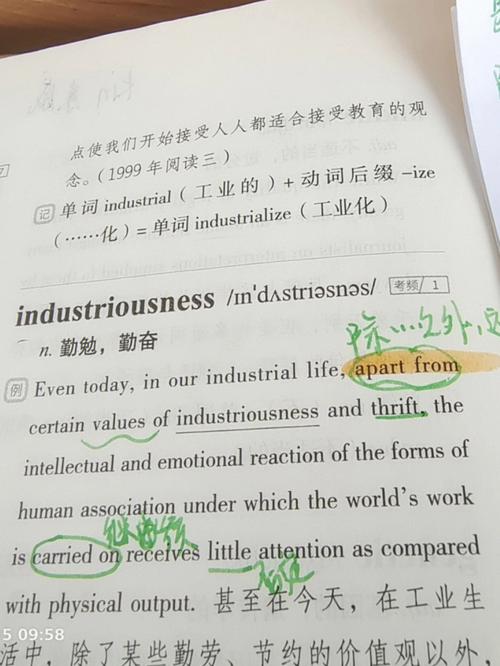历史考研资料
历史考研专业英语翻译
Section 1: Introduction to History Study
History is the study of past events, particularly in human affairs. It encompasses a wide range of subjects, including political, social, economic, cultural, and military aspects of human societies. Historians analyze and interpret the events of the past to gain a deeper understanding of the present and to make informed predictions about the future.
Section 2: Benefits of Pursuing a Master's Degree in History
1.
Academic Rigor
: A master's degree in history focuses on critical thinking, research skills, and analytical writing, which are valuable in various professions.2.
Career Opportunities
: Graduates can pursue careers in education, research, journalism, museum curation, archival work, and government positions.3.
Cultural Understanding
: Studying history allows for a deeper understanding of different cultures, traditions, and global perspectives.Section 3: Translation of Historical Terms
1.
Feudalism
: 封建制度2.
Industrial Revolution
: 工业革命3.
Cold War
: 冷战4.
Enlightenment
: 启蒙运动5.
Renaissance
: 文艺复兴6.
Colonialism
: 殖民主义7.
World War II
: 第二次世界大战Section 4: Tips for Effective Research in History
1.
Utilize Diverse Sources
: Rely on primary sources, secondary literature, and digital archives to ensure comprehensive research.2.
Critical Analysis
: Develop critical thinking skills to evaluate historical sources and interpret their significance.3.
Historiographical Awareness
: Understand different historical interpretations and perspectives to enrich the depth of research.Section 5: Key Considerations for History Graduates
1.
Specialization
: Consider specializing in a particular historical period or theme to enhance expertise.
2.
Networking
: Engage with fellow historians, researchers, and professionals to broaden career opportunities.3.
Continual Learning
: Stay updated with historical scholarship and new research methodologies to remain competitive in the field.By following these tips and considerations, students pursuing history in their postgraduate studies can develop a strong foundation for a successful career in this field.
Conclusion
Studying history at the postgraduate level offers a profound exploration of human experiences throughout time, and it equips graduates with skills and knowledge that are valuable across diverse industries. Embracing the complexities of the past can lead to a rewarding and impactful career in history.












评论